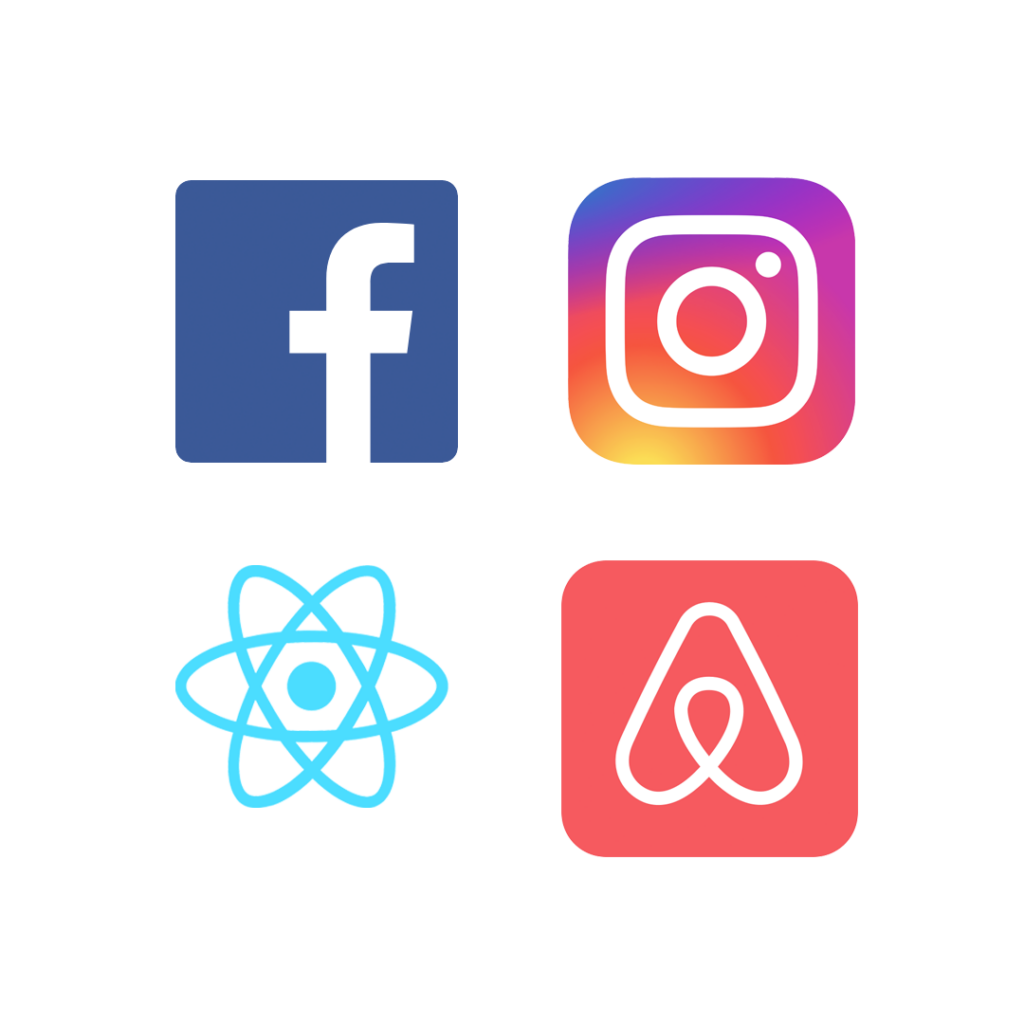Mobile Application Migration Services: Why React Native could be a good option for your company.
Table of Contents
Choosing the right framework for your mobile app migration can dramatically affect the efficiency, cost, and success of a project. While Flutter has gained popularity for its performance and smooth UI capabilities, React Native, remains a highly compelling choice for many companies, especially those with specific operational needs and resource allocations.
Facebook designed React Native to address a frequent difficulty in mobile development: creating high-quality native apps for several mobile platforms using a single codebase. The project grew out of a Facebook hackathon held in the summer of 2013, with the goal of finding a solution to the company’s demand for more efficient app development. Essentially, React Native combines the benefits of native development with React, a world-class JavaScript toolkit for creating user interfaces.
The framework was created to enable developers to utilize JavaScript to create apps that have full platform access and perform similarly to typical native apps built with Java or Objective-C/Swift. This method dramatically lowers development time and expense by reusing code across platforms while maintaining the high user experience standards of native apps. React Native was initially released on GitHub in 2015, and it has since become one of the most popular frameworks in the mobile development community, allowing developers of all sizes to build and manage cross-platform applications more quickly.
What you need to consider

1. Leveraging Existing JavaScript and React Ecosystem
React Native is based on React and JavaScript, two of the most widely used and understood technologies in the software development world. For companies with teams already proficient in JavaScript, React Native offers a significant reduction in the learning curve and allows for quicker project onboarding. This can streamline development processes significantly, reducing the time and cost to market. A 2020 Stack Overflow Developer Survey found that JavaScript remains the most commonly used programming language, underscoring the widespread familiarity that can be leveraged in React Native development.
2. Unified Development for Web and Mobile
One of the strongest cases for React Native comes from its seamless integration capabilities with web applications. Companies that aim to maintain close functionality and aesthetic consistency between their web and mobile apps find React Native advantageous. By reusing code components from web to mobile, developers can ensure uniformity and faster development cycles, cutting down on redundancy and the potential for discrepancies between different platforms.
3. Robust Community Support and Ecosystem
React Native benefits from a mature ecosystem supported by Facebook and a vast community of developers. This environment fosters a rich repository of plugins, tools, and third-party libraries that are continually updated, providing solutions to common (and uncommon) development challenges. For example, libraries like Redux for state management and Axios for networking are readily integrated, enhancing functionality with minimal additional coding.
4. Dynamic Updates Capability
A distinctive feature of React Native is its support for over-the-air (OTA) updates, allowing developers to push updates directly to users without going through app store approvals. This is particularly beneficial for applications that require frequent updates or quick fixes, as it reduces downtime and improves user satisfaction. This capability is facilitated by platforms like Microsoft’s CodePush, which integrates directly with React Native apps to manage and roll out updates efficiently.
5. Cost-Effectiveness for Startups and MVP Development
For startups or any company looking to quickly validate their business model or deploy a Minimum Viable Product (MVP), React Native offers a cost-effective solution. It allows businesses to build a single app that works on both iOS and Android platforms, which can halve the development effort and cost. This dual-platform reach, without the need for two separate development teams, makes it an attractive option for companies with limited budgets or those looking to enter the market rapidly.
6. Simplicity in UI Design and Integration
While Flutter is praised for its custom UI capabilities, React Native offers sufficient UI design functionalities that meet most companies’ needs without the complexity of learning a new design language. React Native interfaces directly with native platform components, delivering an app experience that feels consistent and integrated with the device’s ecosystem.
Examples from Industry

Does React Native make sense for my business?
Why DNAMIC?



Learn more about our services!
Or contact us directly! Ask away!
And we will have the perfect role for out-of-the-box thinking developers ready to change the game and enhance your business to new heights.



